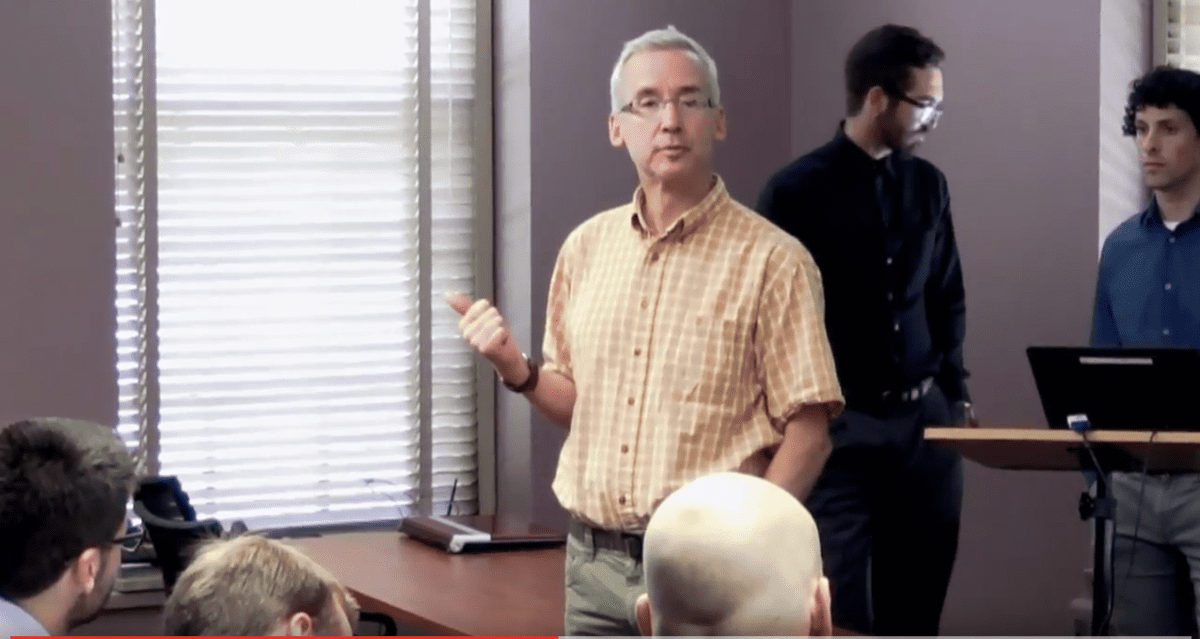
The professional master’s program in Resource and Energy Demand Analysis (REDA) at the University of Wisconsin-Madison prepares students for in-demand careers with utilities, consulting firms, regulatory agencies, and other organizations involved in conserving energy and protecting natural resources. It teaches them quantitative skills for managing and evaluating energy efficiency and resource conservation programs.
REDA is the first professional training program of its kind, and it’s distinguished by faculty who combine academic and industry experience.
Along with being a professor of agricultural and applied economics, Bill Provencher has worked as a consultant for utility companies running energy efficiency programs.
“Because of his work in the field, he knows exactly how to teach graduate students like us,” says REDA student Qifan Hu.
Kathleen Ward had a memorable experience in Provencher’s econometrics class: “He’s an amazing professor,” she says. “He was really supportive and pushed us to learn.”
Ward also enjoyed her natural resource economics class with Nick Parker.
“He was excited about the subject matter,” she says, “and that made the students excited about it, too.”
As the editor in chief of the Journal of the Association of Environmental and Resource Economists, Dan Phaneuf is well acquainted with the world’s leading environmental economists and their current research. More important, he has a knack for making the material accessible to REDA students.
“He does a wonderful job of taking large, complex problems and making them very understandable,” says Ethan Barquest. “He’s a fantastic professor, and I’m very fortunate to have had him.”
Everything you need to find a job
The growth in energy and resource conservation initiatives has created a need for people who understand economic modeling, big data, and cutting-edge analytics. REDA students learn economic theory, survey methodology, econometrics, statistics, and communication skills—everything they’ll need to find jobs. They also engage in out-of-class activities, including conferences, seminars, and presentations by industry practitioners. They can earn a master’s degree in under a year.
For more information on the professional master’s degree in Resource and Energy Demand Analysis, watch the video above or see here.